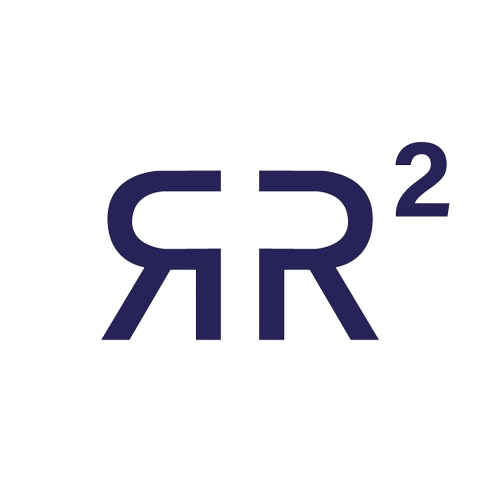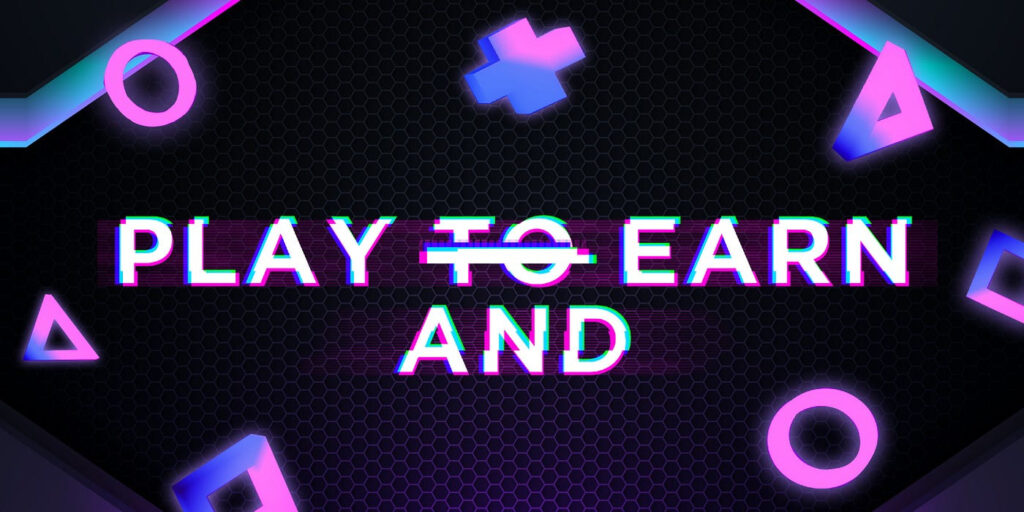Top 5 Leading Web3 Gaming Companies Revolutionizing Play-to-Earn Realms
As Web3 gaming companies redefine the gaming economy, players worldwide are turning their attention to the frontrunners of this revolution. This article spotlights the companies at the heart of these changes, breaking down their contributions to the play-to-earn model, true asset ownership, and blockchain’s role in future gaming experiences. Step inside for a no-fluff perspective on who’s leading the charge and why it matters.
Key Takeaways
- Web3 gaming companies, led by pioneers like Axie Infinity, Decentraland, The Sandbox, Immutable X, and Enjin, are transforming the gaming industry by integrating blockchain technology, offering players true ownership and asset monetization, and creating marketplaces for NFTs and digital assets.
- The play-to-earn business model, exemplified by games such as Axie Infinity, is altering industry monetization strategies by providing players with the opportunity to earn cryptocurrency and have a stake in the game’s economy, fostering a more player-centric experience.
- Future trends in Web3 gaming involve cross-platform compatibility, the growth of virtual real estate in the metaverse, and community governance through DAOs, with a focus on a connected, player-empowered, and interoperable gaming ecosystem.
The New Frontier: Web3 Gaming Companies
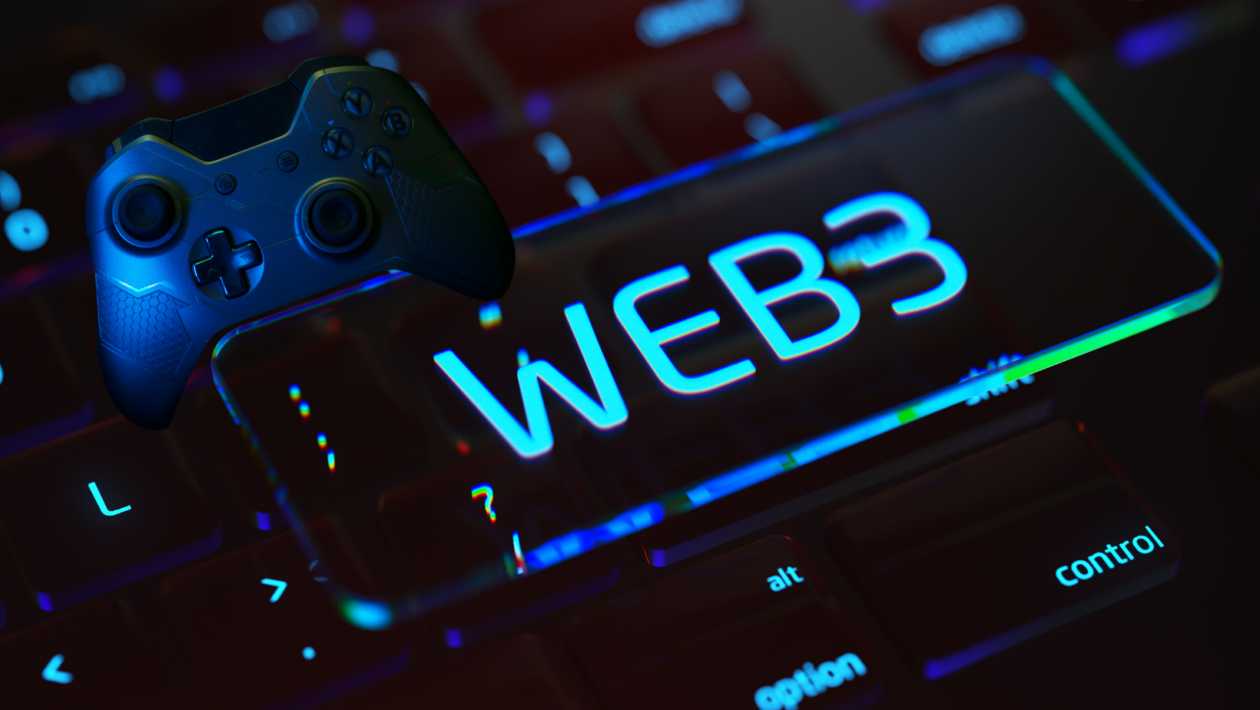
The gaming industry is undergoing a tectonic shift, with Web3 gaming companies spearheading this revolution. These trailblazers are creating games that redefine player experiences by integrating blockchain technology into their game development processes. The result? A new breed of blockchain-based games that offer players increased security and empowerment, transforming the gaming world as we know it.
Five companies at the forefront of the gaming industry are:
- Axie Infinity by Sky Mavis
- Decentraland
- The Sandbox
- Immutable X
- Enjin
These companies are pioneers in the realm of Web3 gaming and are not just creating games – they’re creating new opportunities and reshaping the gaming landscape.
Axie Infinity by Sky Mavis
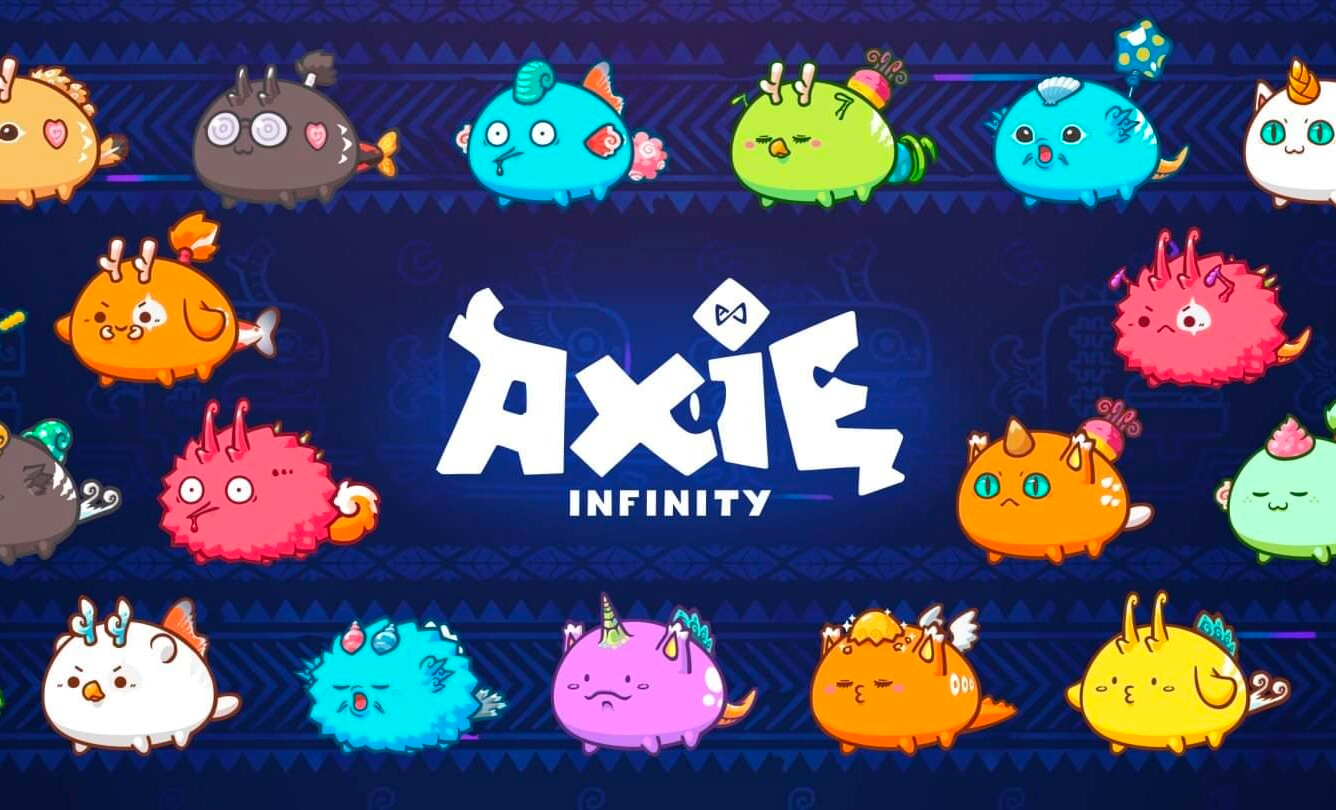
Step into the captivating virtual universe of Axie Infinity, a place where blockchain technology harmoniously blends with entertainment and charm. Developed by Sky Mavis, this revolutionary game features lovable creatures known as Axies, offering players a delightful way to interact with blockchain technology. Sky Mavis’ dedication to using games as an entry point to blockchain has introduced this groundbreaking technology to a wider, more diverse audience, proving that blockchain can be as fun as it is transformative.
Decentraland: A Virtual World Built on Blockchain
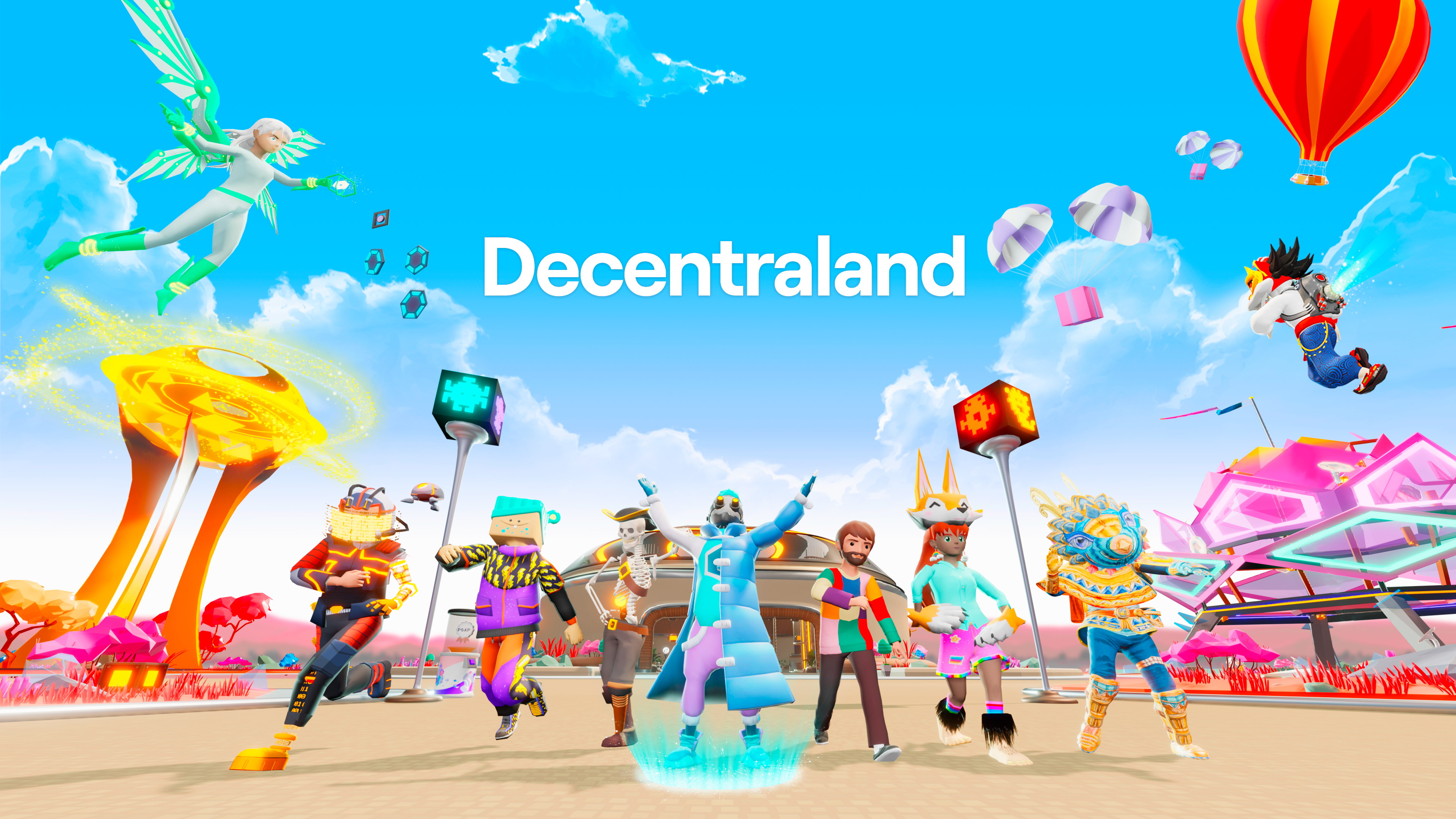
Decentraland stands out as a noteworthy player in the Web3 gaming sphere, providing a virtual realm that fosters creativity and collaboration. Built on blockchain technology, this virtual world has seen a flurry of updates and improvements aimed at enhancing user engagement.
From the launch of the Web Editor to the introduction of new creative features, Decentraland is a testament to the exciting world of possibilities that blockchain game development opens up.
The Sandbox: A Community-Driven Gaming Metaverse
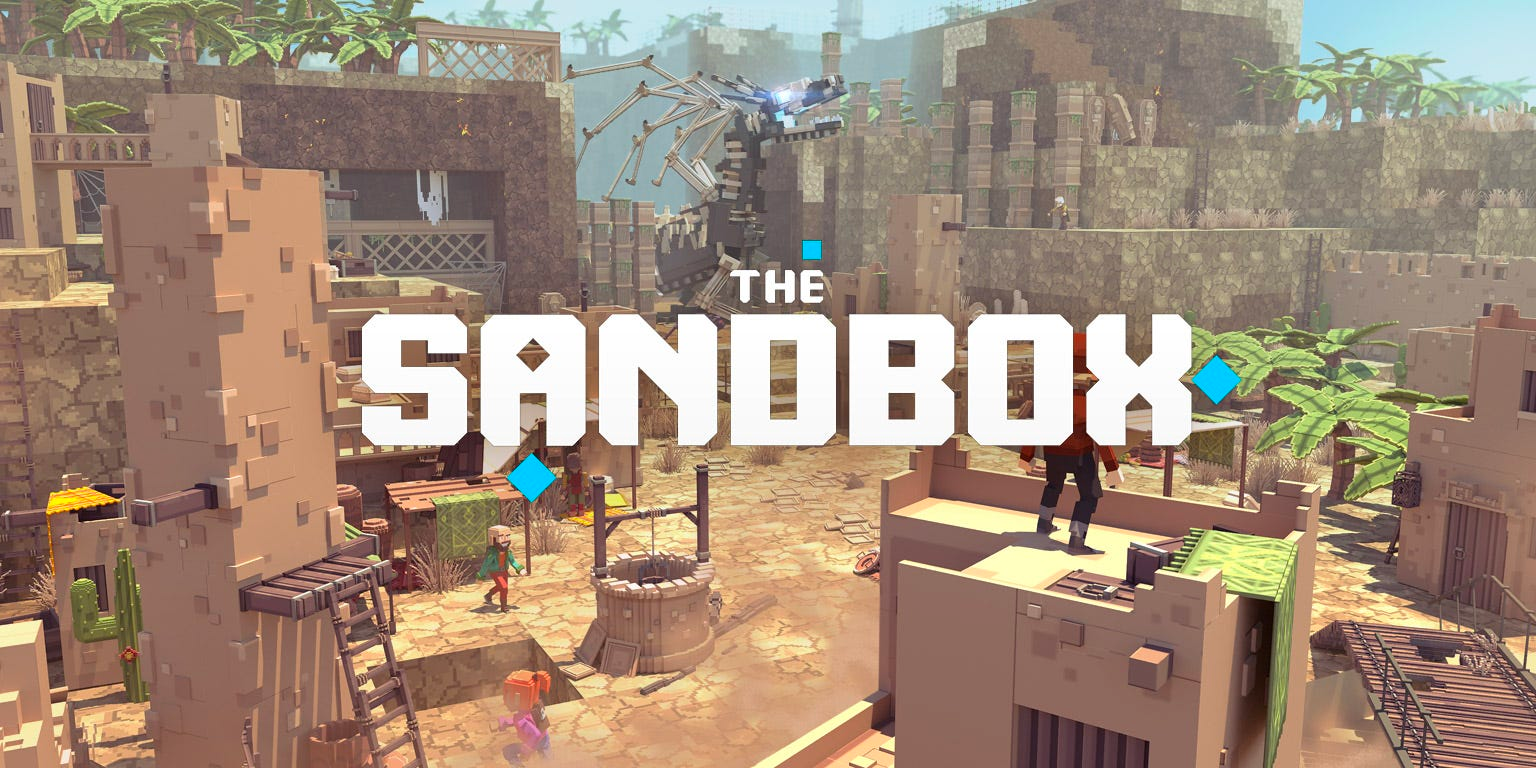
The Sandbox is a gaming metaverse that offers:
- Active community participation
- Over 100,000 unique players engaged in millions of quests in the first quarter of 2023
- Valuable rewards for players
- A marketplace for NFTs and digital assets
The Sandbox is not just a game; it’s a thriving marketplace for NFTs and digital assets, setting a new standard for player engagement in the gaming world.
To make the platform more accessible and engaging, The Sandbox has introduced upgrades to its voxel art creation tool and simplified account creation for non-crypto users. The future looks bright for this community-driven gaming metaverse, with anticipated features like a multiplayer-first approach and new avatar actions on the horizon.
Immutable X: Scaling the Future of Digital Collectibles
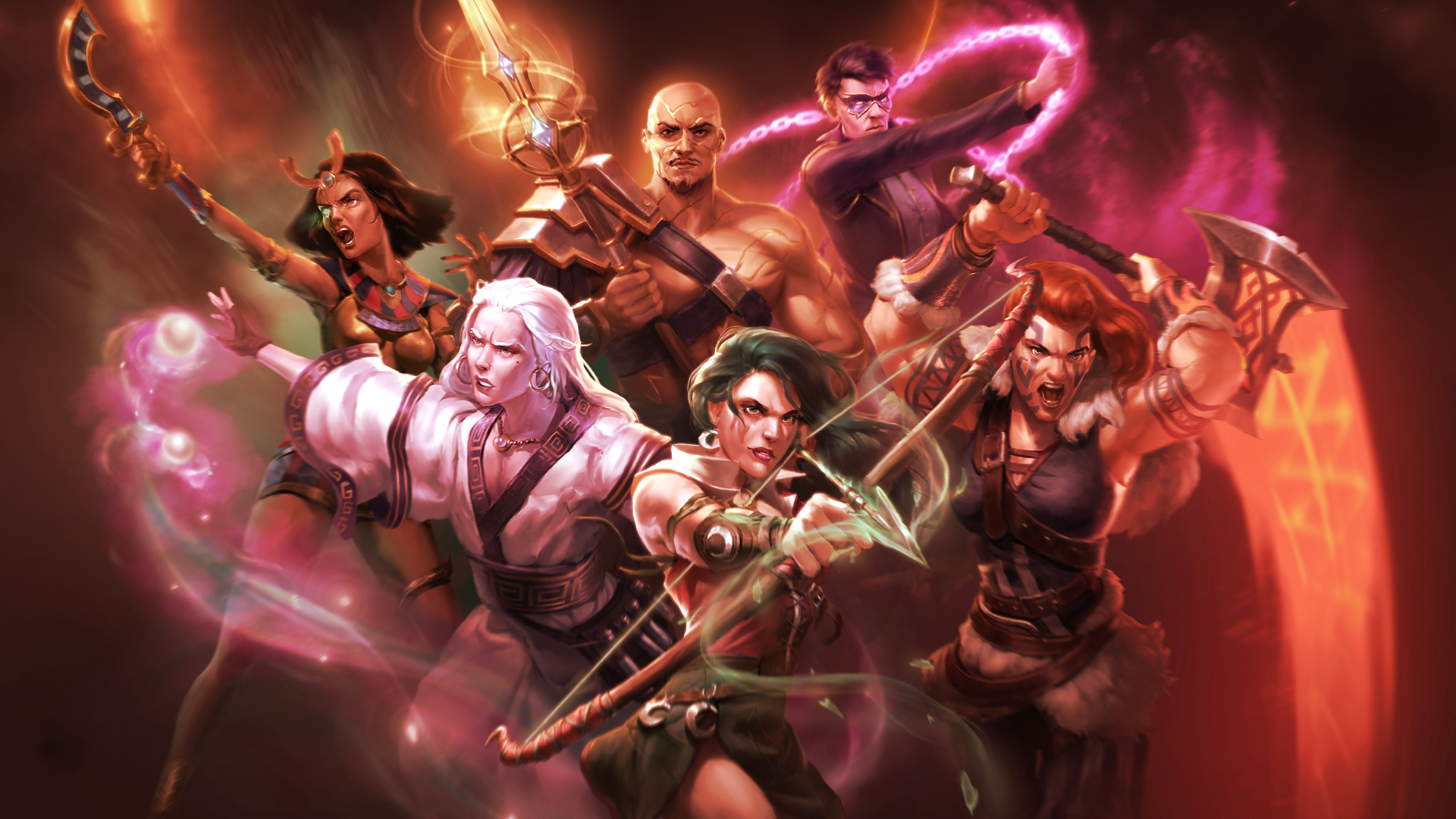
Immutable X revolutionizes the world of digital collectibles by offering a scalable solution for NFTs and games. Recognizing the scalability challenges that can impede blockchain’s mass adoption, Immutable X offers a Layer 2 solution that’s environmentally friendly and capable of handling large-scale Web3 gaming experiences. This technology paves the way for an efficient, interconnected gaming ecosystem where network connections are fast and secure.
This scaling solution is not just about enhancing network performance; it’s about empowering players. By integrating digital assets with decentralized tech, Immutable X gives players unprecedented control over their in-game assets. This is a testament to the transformative power of blockchain technology in the gaming world.
Enjin: Pioneering the NFT Ecosystem for Games
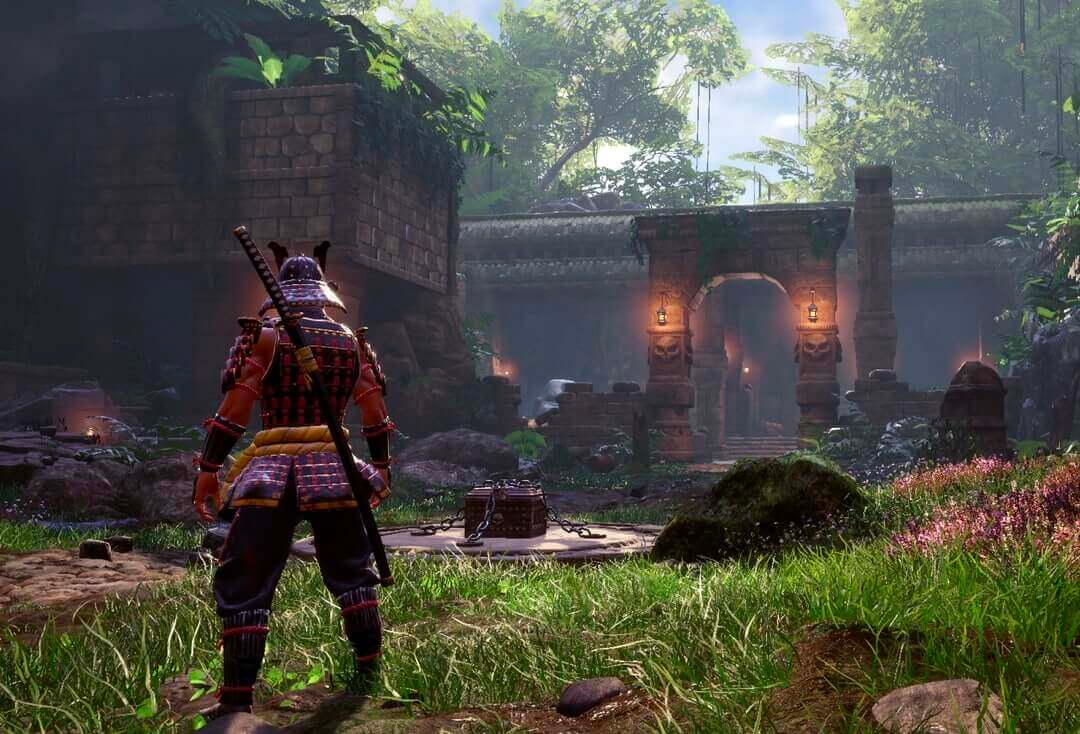
Enjin leads the way in establishing the NFT ecosystem for games. This leading Web3 gaming company provides a platform for creating, managing, and trading blockchain-based gaming assets, showcasing the vast potential of blockchain in the gaming industry.
Enjin’s platform offers:
- A marketplace for gaming assets
- A vibrant ecosystem that empowers both game developers and players
- Technology for creating innovative games with in-game assets that offer real-world value
- A secure and transparent marketplace for trading these assets
This dynamic interplay between developers and players is what sets Enjin apart in the world of Web3 gaming.
The Impact of Web3 Gaming on the Industry
Web3 gaming is not only molding the future of gaming, but it’s also currently revolutionizing the industry. By leveraging blockchain and decentralization, Web3 gaming is transforming every facet of gaming, from development to monetization, giving players more control over their virtual assets. This shift from traditional gaming models to a more decentralized approach is a defining feature of the Web3 gaming industry.
Web3 gaming companies are creating an environment where players have a tangible stake in the game’s economy. Through true ownership of in-game assets, players can monetize these assets, extending their value into the real world. This transformative impact of Web3 gaming is reshaping the gaming industry and redefining what it means to be a player.
True Ownership and Asset Monetization
The concept of true ownership in Web3 gaming is groundbreaking as it enables players to have authentic ownership of their digital possessions. This ensures the permanence of their in-game assets, safeguarding them from potential loss and reinforcing their rights within the gaming ecosystem. True ownership is not just about control; it’s about empowerment, giving players the right to manage and monetize their assets.
This new model of ownership allows players to sell their assets on markets or trade with others, establishing a new economy within the gaming world. With companies like Immutable X integrating digital assets with decentralized tech, players can exert genuine ownership and control over their in-game assets. This shift towards true ownership and asset monetization is a testament to the transformative power of Web3 gaming.
Decentralized Marketplaces and Trading
The advent of decentralized marketplaces is yet another transformational aspect of Web3 gaming. These marketplaces leverage blockchain technology to enhance the security and transparency of digital asset transactions, eliminating the risk of scams prevalent in unofficial third-party marketplaces. Blockchain technology ensures transparency, not only enhancing security but also building trust within the gaming ecosystem, fostering a more secure and transparent environment for players and developers alike.
In addition to security and transparency, decentralized marketplaces offer a unique feature known as asset provenance. This allows in-game items to have a traceable history and lore, adding to their uniqueness and potentially increasing their value in the marketplace. With platforms like Tezos offering resources for integrating marketplaces for NFT transactions, the future of decentralized trading in Web3 gaming looks promising.
Play-to-Earn and Financial Incentives
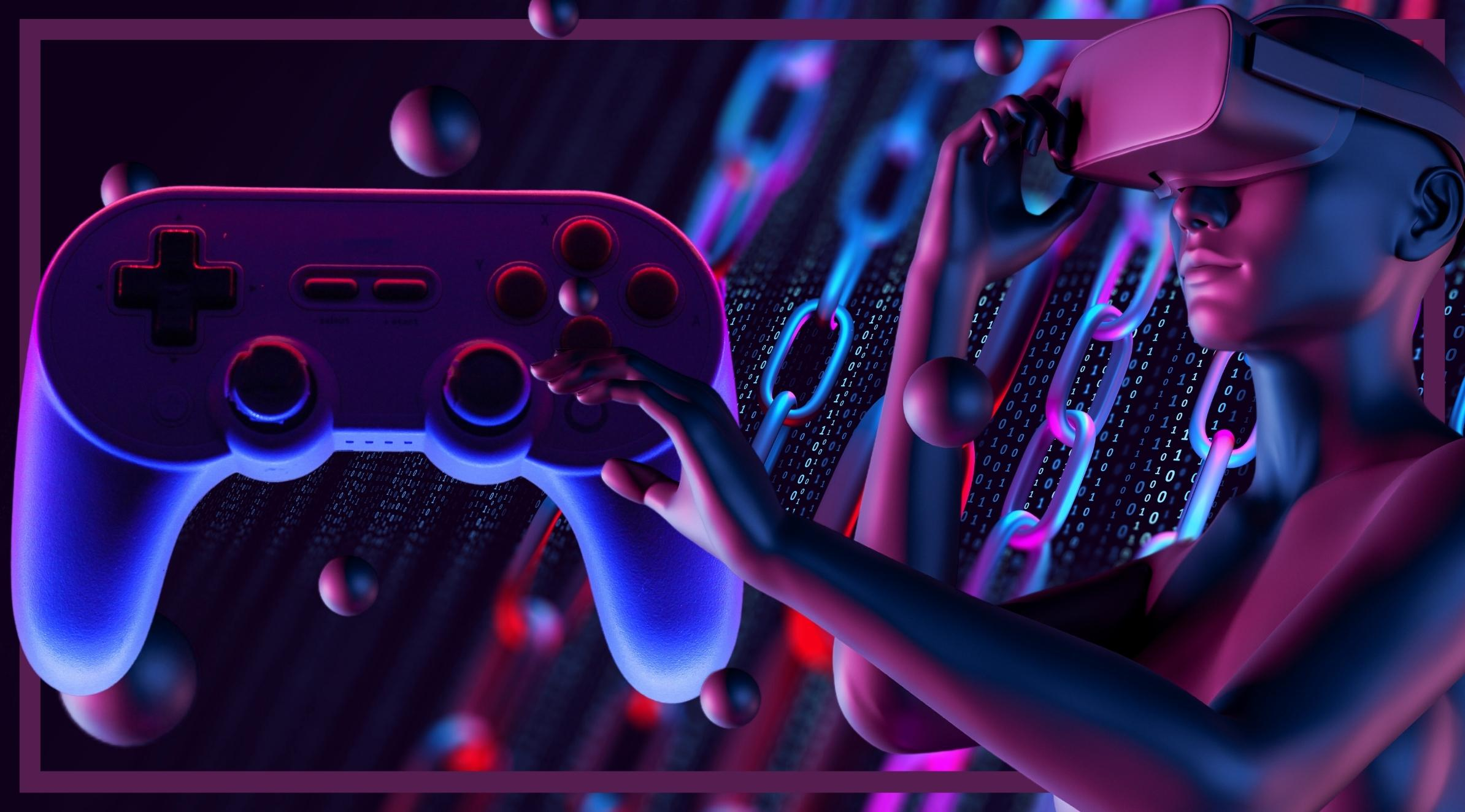
The play-to-earn model, a pioneering attribute of Web3 gaming, offers financial rewards to players. Games like Axie Infinity showcase this model, allowing players to earn cryptocurrency through gameplay and asset trading. This model not only enhances player engagement but also provides a new avenue for financial growth within the gaming industry.
The play-to-earn model is evolving into a play-and-earn framework, focusing on long-term player engagement and community growth. This evolution signifies a shift towards a more player-centric gaming experience, where players are not just participants but stakeholders. With secure trading mechanisms enhancing player and developer protection against fraudulent activities, the play-to-earn model is set to redefine the gaming landscape.
The Future of Web3 Gaming: Trends to Watch
Looking at the future of Web3 gaming, a number of significant trends are influencing the game design landscape. From cross-platform compatibility and virtual real estate development to community governance through decentralized autonomous organizations (DAOs), these trends point to an exciting future filled with new opportunities.
Web3 gaming is expected to be the framework for most future gaming, signaling a significant transformation in the industry. With true ownership of in-game assets becoming a defining feature of Web3 gaming, players will interact with and value their virtual possessions in new and exciting ways. This evolution will be further enhanced by the introduction of web3 game experiences that cater to a diverse range of player preferences.
Cross-Platform Compatibility and Interoperability
The future of Web3 gaming is largely influenced by key trends such as cross-platform compatibility and interoperability. These features enable distinct blockchain networks to communicate, establishing a foundation for asset transfer and data exchange between games. This interoperability fosters a connected gaming ecosystem, breaking the barriers of platform-specific limitations and enhancing the gaming experience for players.
Major tech corporations are spearheading efforts for a unified metaverse, with organizations like the Metaverse Standards Forum working to establish open interoperability standards. These efforts aim to create a seamless gaming ecosystem where players can interact freely across different platforms, enhancing the overall gaming experience.
Virtual Real Estate and Metaverse Development
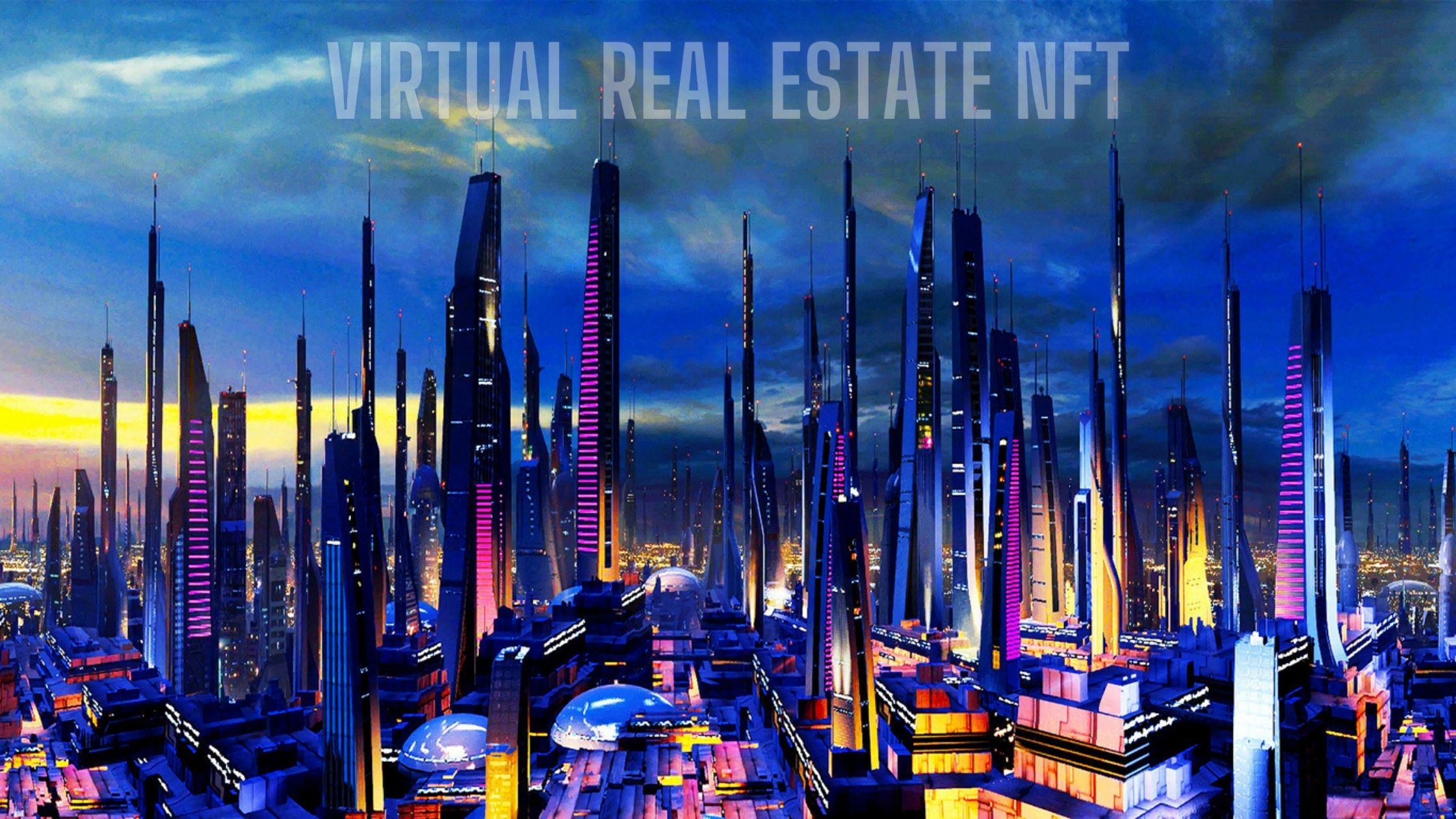
The development of virtual real estate and metaverse is another exhilarating trend in the realm of Web3 gaming. Blockchain-based virtual real estate has experienced substantial growth in value, with prices surging by 879% from September 2019 to March 2022. This growth indicates a burgeoning market for virtual real estate, with promising prospects including value appreciation, opportunities for renting or leasing, and AR/VR integration.
Virtual real estate is not just about buying and selling virtual land; it’s about creating immersive experiences within virtual worlds. With platforms like The Sandbox planning enhancements to its virtual real estate, players can look forward to more engaging and immersive experiences in the gaming metaverse.
Community Governance and Decentralized Autonomous Organizations (DAOs)
The emergence of community governance via decentralized autonomous organizations (DAOs) also plays a crucial role in shaping the future of Web3 gaming. DAOs enable players to participate directly in the governance of their favorite games, offering a decentralized and autonomous structure where decision-making power is distributed among all token holders.
This model of governance empowers players to collaborate with developers in creating new content, features, and modifications for a more player-centric gaming experience. Through smart contracts, DAOs promote:
- Transparency
- Accountability
- Trust within the gaming ecosystem
- Verifiability of all decisions and voting outcomes.
This trend signifies a shift towards a more inclusive and democratic gaming ecosystem.
Summary
Web3 gaming is revolutionizing the gaming industry, bringing forth a new era of player empowerment and financial growth. Through innovations like true asset ownership, decentralized marketplaces, and the play-to-earn model, Web3 gaming companies are reshaping the gaming landscape. As we look to the future, trends like cross-platform compatibility, virtual real estate development, and community governance through DAOs point to an exciting future filled with new opportunities. As we continue to explore this new frontier, one thing is certain: Web3 gaming is not just transforming the gaming industry; it’s redefining what it means to be a player.
Frequently Asked Questions
What is Web3 in gaming industry?
Web3 in the gaming industry is a distributed process where games are hosted on the blockchain, ensuring security and accessibility for all players involved. It relies on voting consensus to modify the gaming process, making it unhackable.
How many Web3 gaming companies are there?
There are 29 Web3 gaming companies according to recent analysis by Coingecko. They are among the 40 largest gaming companies globally and are actively involved in web3 gaming initiatives.
What is the best Web3 gaming community?
The Gala Games platform is a leading community for Web3 gaming, offering Play-to-Earn and blockchain-based games with a strong focus on building player-centric communities. It has sold over 26,000 NFTs and has around 1.3 million monthly active users.
What is a blockchain gaming company?
A blockchain gaming company is a company that integrates blockchain technology into gaming to allow players to own and trade in-game assets like tokens and NFTs for real money. This provides opportunities for play-to-earn incentives and decentralized marketplaces.
What is true asset ownership in Web3 gaming?
True asset ownership in Web3 gaming means that players have complete control and ownership of their digital assets, enabling them to manage and profit from their possessions.
